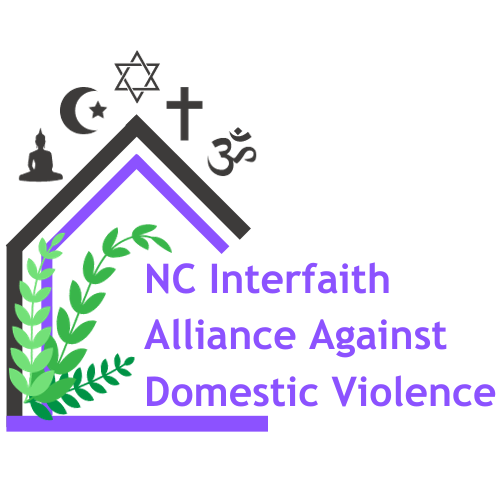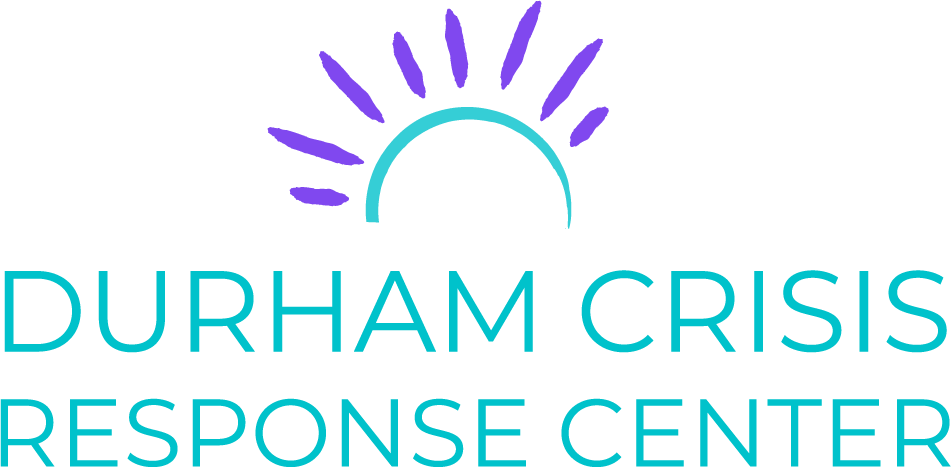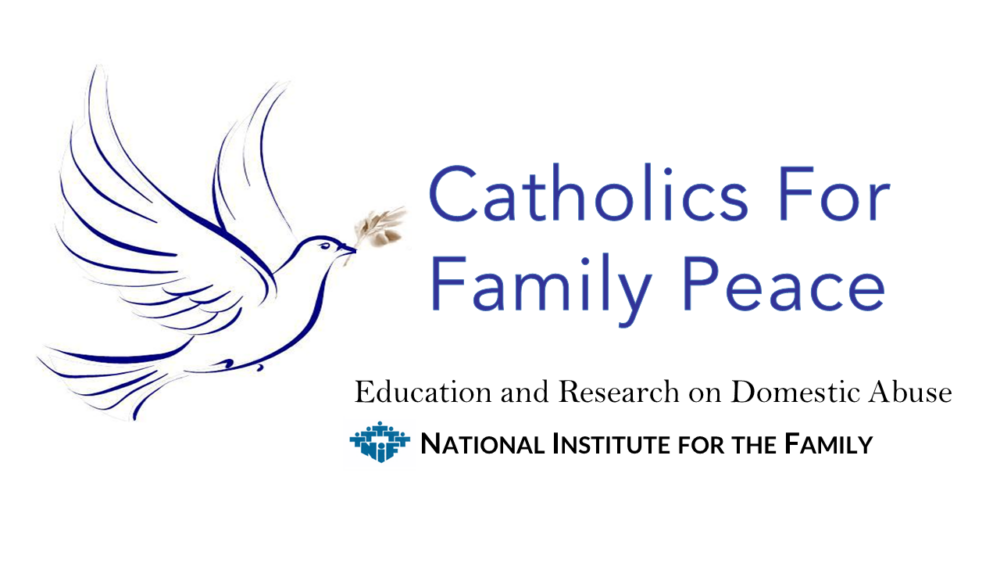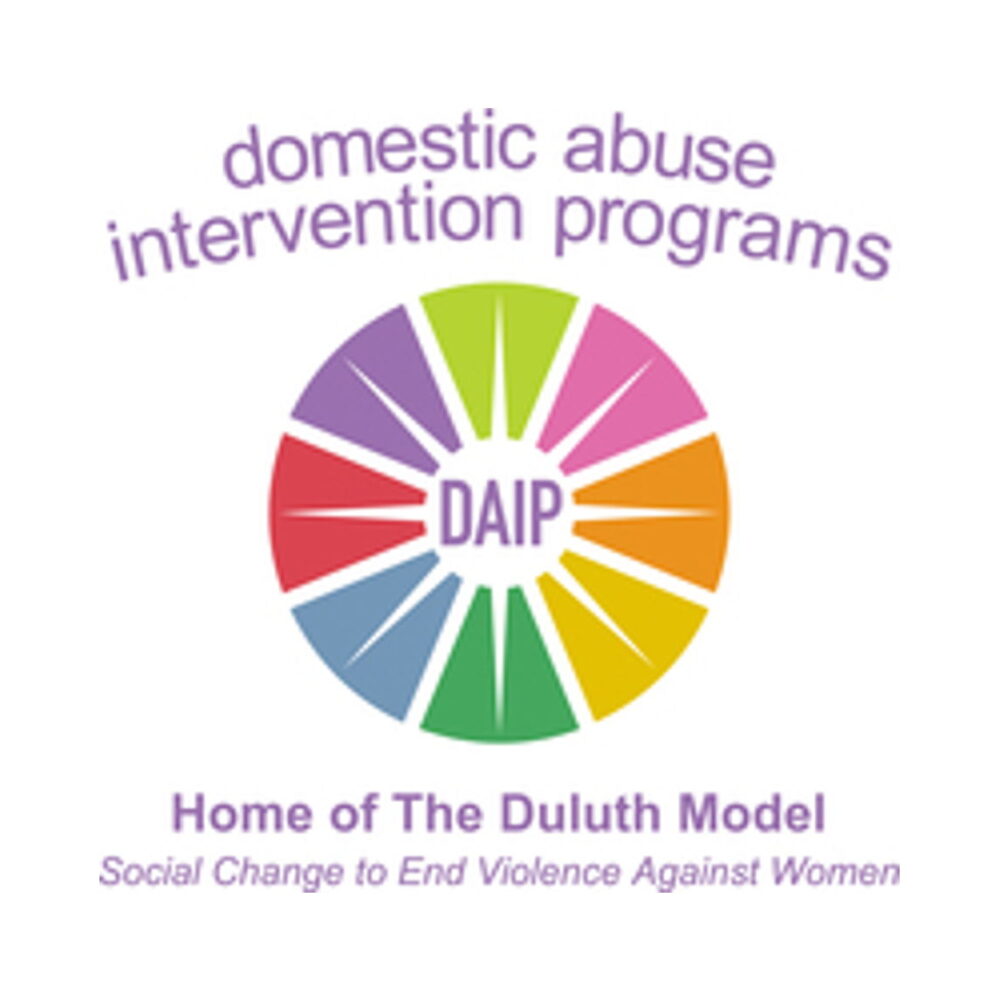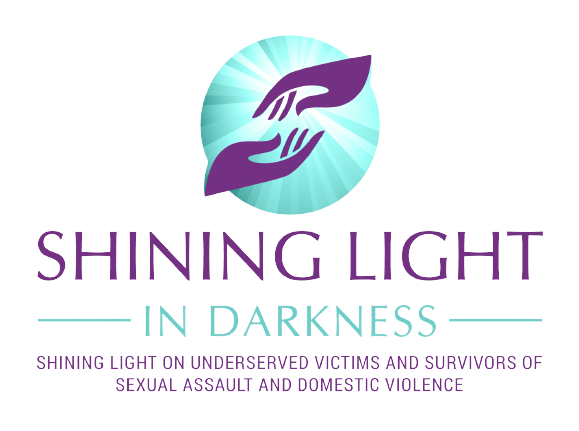Support for impacted individuals of domestic violence is crucial, especially within faith communities, where individuals may turn to their religious leaders for guidance and support during times of crisis. Recognizing and addressing this issue is important for creating safe spaces where victims can seek help without fear of judgment or stigma. Religious leaders play a vital role in this context, as they often serve as trusted confidants and spiritual advisors. They are uniquely positioned to offer emotional and spiritual support while also connecting survivors with resources and professional assistance. By fostering an environment of openness and empathy, religious leaders can help break the cycle of silence surrounding domestic violence within faith communities.
The North Carolina Interfaith Alliance Against Domestic Violence has the primary purpose of equipping religious institutions and leaders with training, resources, and advocate contacts to enable them to respond to domestic violence situations using survivor-centered and trauma-informed care. The North Carolina Council of Churches is the primary facilitator for the Interfaith Alliance, enabling people of all faiths in North Carolina to work for loving and safe relationships that are rooted in the love of God and each other.
Overview
The scriptures instruct us to love one another – to create mutually respectful relationships in which there is shared responsibility, negotiation and fairness, trust and support, honesty and accountability. When violence is present in a relationship, it is a violation against the image of God in which we all have been created. As people of faith, we must be prepared to walk with survivors as they find a way to safety. However, we do not always have the tools we need when this situation is encountered.
The North Carolina Council of Churches recognizes the urgent need to train and support religious leaders in aiding victims of domestic violence, as research indicates that nearly 75% of congregants would turn to their religious leaders when facing intimate partner violence, yet 78% of these leaders feel unprepared to address such situations, highlighting a critical gap in support. Additionally, the overlap between child abuse and domestic violence in the same family is significant as 60% of families who present with partner violence also report child maltreatment.
Council Resources
Domestic Violence and the Faith Community with Mary Peacock
Mary Peacock discusses support for impacted individuals of domestic violence, especially within faith communities, where individuals may turn to their religious communities for guidance and support during times of crisis. Recognizing and addressing this issue is important for creating safe spaces where victims can seek help without fear of judgment or stigma. By fostering an environment of openness and empathy, faith communities can help break the cycle of silence surrounding domestic violence within faith communities.
More Resources
National Domestic Violence Hotline
The National Domestic Violence Hotline number is available to survivors and to friends, family, and spiritual leaders of survivors. Call 1-800-799-7233 for help as a Survivor OR to walk with a Survivor. Visit their website.
Find a Local Advocate
Advocates are available to help survivors and those who care for survivors. Find one near you.
Learn about Risks and Protective Factors
Risk factors are linked to a greater likelihood of intimate partner violence (IPV) perpetration. They are contributing factors but might not be direct causes. Read more about them.
Additional Resources for frequently co-existing types of abuse
- Find a local rape crisis center here: NCCASA.
- Find local Child Advocacy Center here: Child Advocacy Center NC.
- Learn about the connection between domestic abuse and child abuse here: Prevent Child Abuse.
- Find resources on human trafficking: National Human Trafficking Hotline.
Domestic Violence Statements
The Council takes positions on issues through policy statements that inform, guide, and frame our work. Policy statements are adopted by our governing body, often upon the recommendation of one or more of the Council’s program committees, which are made up of representatives of our member bodies.
- Policy Statement on Domestic Violence (3/1/2005)
Domestic Violence Statements from Partners
Statement from Peaceful Families on the Islam perspective of domestic violence.
Domestic Violence Partner Organizations
Below is a list of our partners statewide with a link to their website for more information:
Ways to Take Action
October is Domestic Violence Awareness Month
Take our survey: NC Interfaith Alliance Survey on Domestic Violence
Make it known that your church is a safe place:
- Faith leader one-pager on Domestic Violence (Link soon)
- Familiarize yourself with the problem: NNEDV Fact Sheet
- Learn about Risks and Protective factors: CDC Violence Prevention
- Print this flyer out and place in the restrooms (Link soon)
- Give a sermon about domestic violence
Key Contact
Mary Peacock, Domestic Violence Advocate
The Interfaith Alliance is guided by an advisory board of faith leaders who are active in domestic violence advocacy. Special thanks to them for their time and dedication!
- The Rev. Richard Goeres (Sr. Pastor Good Shepherd Lutheran)
- Artie Hartsell (MSW, Director of Strategic Projects at EqualityNC, MDiv in process)
- The Rev. Kim Moss (MDiv, MSW, Sr Pastor AME, VP NC-NAACP)
- The Rev. Carrie Nettles (MDiv, Chaplain Julie Valentine Center)
- Ms. Saidah Sudan (Manager, Baitul Hemayah Domestic Violence Shelter; DV Project Lead, Penny Appeal; NC Trainer, Peaceful Families).
- The Rev. Kelli Walker-Jones (MDiv, retired Center Director TPC)


